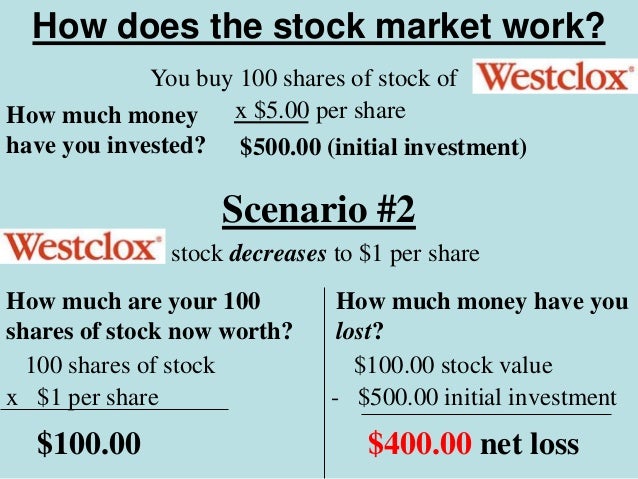If the idea of investing in the stock exchange terrifies you, you are not alone. People with extremely limited experience in stock investing are either horrified by horror stories of the average financier losing 50% of their portfolio valuefor example, in the two bearish market that have already happened in this millennium or are seduced by "hot tips" that bear the jackstevison.com/ pledge of substantial rewards but rarely pay off.
The reality is that purchasing the stock market carries threat, but when approached in a disciplined manner, it is one of the most effective ways to construct up one's net worth. While the worth of one's house generally represents the majority of the net worth of the typical individual, most of the wealthy and really rich normally have the majority of their wealth invested in stocks.
Key Takeaways Stocks, or shares of a company, represent ownership equity in the company, which provide shareholders voting rights along with a residual claim on corporate earnings in the kind of capital gains and dividends. Stock markets are where specific and institutional financiers come together to purchase and sell shares in a public venue.
For example, an individual or entity that owns 100,000 shares of a business with one million outstanding shares would have a 10% ownership stake in it. The majority of business have impressive shares that run into the millions or billions. Typical and Preferred Stock While there are two primary kinds of stocktypical and chosenthe term "equities" is associated with common shares, as their combined market worth and trading volumes are lots of magnitudes bigger than that of preferred shares.
Preferred shares are so called due to the fact that they have choice over the common shares in a business to get dividends in addition to possessions in case of a liquidation. Common stock can be additional classified in terms of their voting rights. While the standard property of common shares is that they ought to have equivalent voting rightsone vote per share heldsome companies have double or multiple classes of stock with different ballot rights attached to each class.
